Over the years, the agriculture sector has witnessed a significant shift towards sustainable farming practices. One such innovation gaining attention is buffalo cultivator. This article explores the potential of buffalo cultivator as a sustainable solution for agricultural growth. By outlining its advantages, applications, and future prospects, it aims to shed light on how this technology can empower farmers and contribute to a greener and more productive agricultural landscape. Advantages of Buffalo Cultivator: Buffalo cultivator, an advanced agricultural machinery, offers several advantages over traditional methods of cultivation. Firstly, it significantly reduces the reliance on fossil fuel-powered machinery, bringing down greenhouse gas emissions in the farming process.
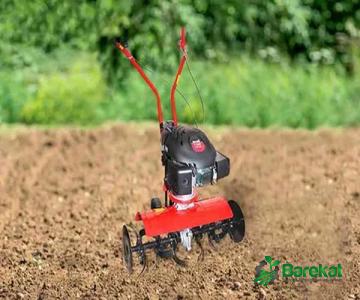
.
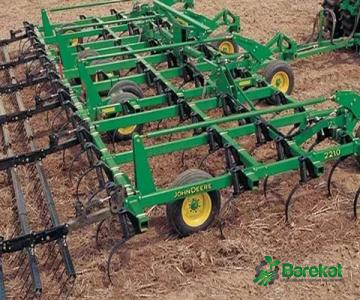 This sustainable approach aligns with the global commitment to reduce carbon emissions. Secondly, buffalo cultivator ensures minimal soil compaction, safeguarding soil quality. Unlike heavy machinery, buffalos exert less pressure on the ground, mitigating soil erosion and promoting better water absorption. The resulting healthier soil allows for improved crop growth, leading to higher yields. Applications of Buffalo Cultivator: Buffalo cultivators find applications in a wide range of agricultural practices. Firstly, they prove particularly useful in small-scale and subsistence farming, where access to heavy machinery is limited. By harnessing the potential of the buffalo, farmers can cultivate land effectively and efficiently, leading to higher agricultural output even with limited resources. Moreover, buffalo cultivators can be employed in precision farming techniques where careful and targeted cultivation is necessary. Using buffalos as cultivators allows farmers to work closer to crops, ensuring precise weed control and reducing the need for chemical herbicides. This promotes a more sustainable approach to farming, minimizes environmental impact, and maintains the quality of crops.
This sustainable approach aligns with the global commitment to reduce carbon emissions. Secondly, buffalo cultivator ensures minimal soil compaction, safeguarding soil quality. Unlike heavy machinery, buffalos exert less pressure on the ground, mitigating soil erosion and promoting better water absorption. The resulting healthier soil allows for improved crop growth, leading to higher yields. Applications of Buffalo Cultivator: Buffalo cultivators find applications in a wide range of agricultural practices. Firstly, they prove particularly useful in small-scale and subsistence farming, where access to heavy machinery is limited. By harnessing the potential of the buffalo, farmers can cultivate land effectively and efficiently, leading to higher agricultural output even with limited resources. Moreover, buffalo cultivators can be employed in precision farming techniques where careful and targeted cultivation is necessary. Using buffalos as cultivators allows farmers to work closer to crops, ensuring precise weed control and reducing the need for chemical herbicides. This promotes a more sustainable approach to farming, minimizes environmental impact, and maintains the quality of crops.
..
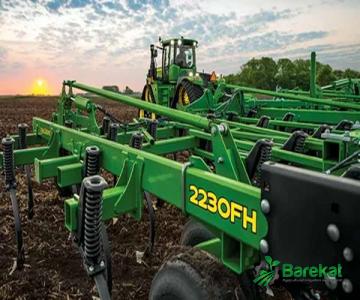 Future Prospects: As the world grapples with the challenges of climate change and the need for sustainable agriculture, buffalo cultivators hold immense potential for the future. With increasing awareness about the ecological impact of conventional farming practices, governments, and agricultural organizations are exploring ways to adopt sustainable alternatives. Buffalo cultivators address this need by providing a viable solution for farmers to minimize their carbon footprint while maximizing productivity. Furthermore, buffalo cultivators can contribute to improving rural livelihoods by empowering small-scale farmers. By reducing their dependency on expensive agricultural machinery, buffalos offer cost-effective alternatives that can enhance the profitability and sustainability of their operations. This technology can bridge the gap between traditional farming practices and modern agricultural techniques, ensuring a harmonious transition towards sustainable agriculture
Future Prospects: As the world grapples with the challenges of climate change and the need for sustainable agriculture, buffalo cultivators hold immense potential for the future. With increasing awareness about the ecological impact of conventional farming practices, governments, and agricultural organizations are exploring ways to adopt sustainable alternatives. Buffalo cultivators address this need by providing a viable solution for farmers to minimize their carbon footprint while maximizing productivity. Furthermore, buffalo cultivators can contribute to improving rural livelihoods by empowering small-scale farmers. By reducing their dependency on expensive agricultural machinery, buffalos offer cost-effective alternatives that can enhance the profitability and sustainability of their operations. This technology can bridge the gap between traditional farming practices and modern agricultural techniques, ensuring a harmonious transition towards sustainable agriculture
…
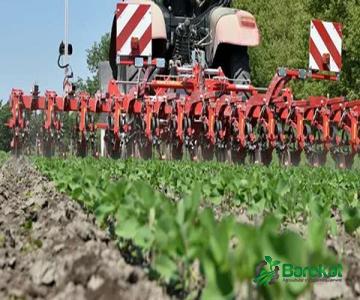 . Conclusion: Buffalo cultivators offer not just a greener approach to agriculture, but also a pathway towards more sustainable and productive farming. Their advantages, such as reduced carbon emissions, improved soil health, and precision farming applications, make them an attractive option for farmers worldwide. As investments and advancements in agricultural technology continue, buffalo cultivators are poised to play a pivotal role in the future of sustainable farming, helping secure a greener and more food-secure planet for all.
. Conclusion: Buffalo cultivators offer not just a greener approach to agriculture, but also a pathway towards more sustainable and productive farming. Their advantages, such as reduced carbon emissions, improved soil health, and precision farming applications, make them an attractive option for farmers worldwide. As investments and advancements in agricultural technology continue, buffalo cultivators are poised to play a pivotal role in the future of sustainable farming, helping secure a greener and more food-secure planet for all.

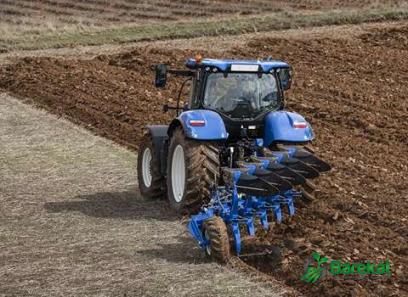

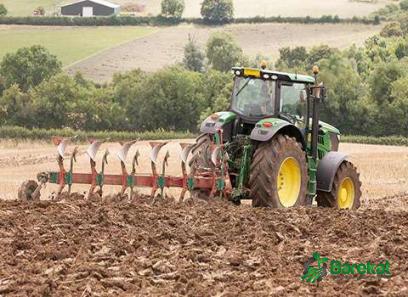
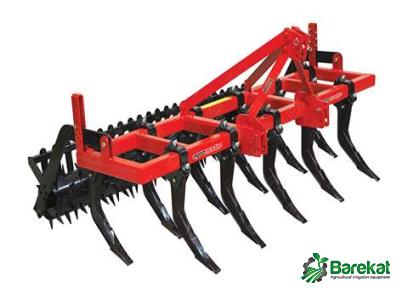





Your comment submitted.